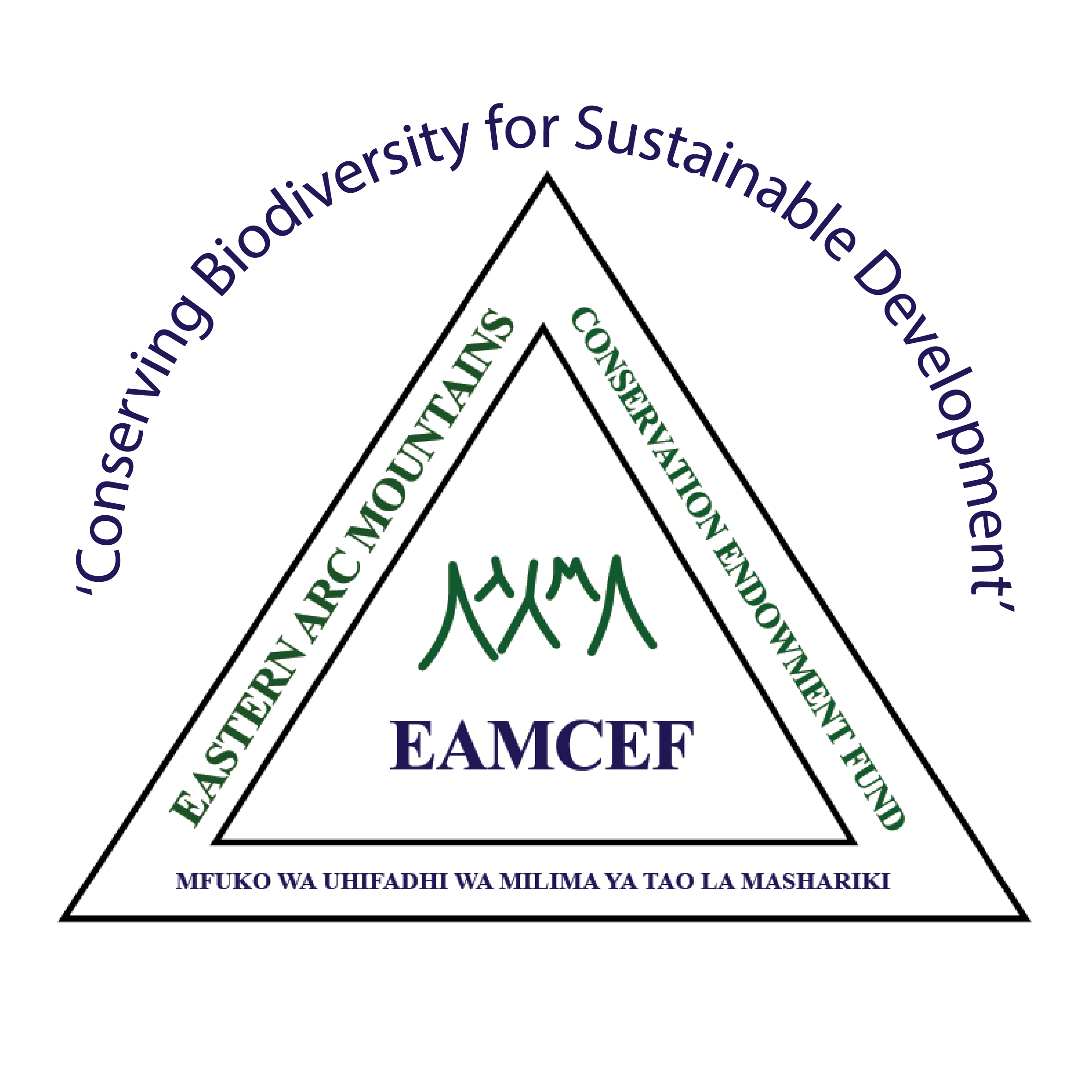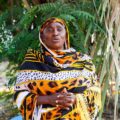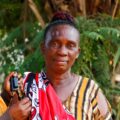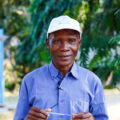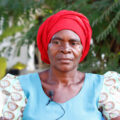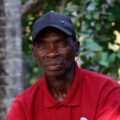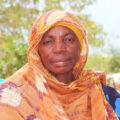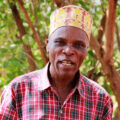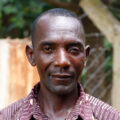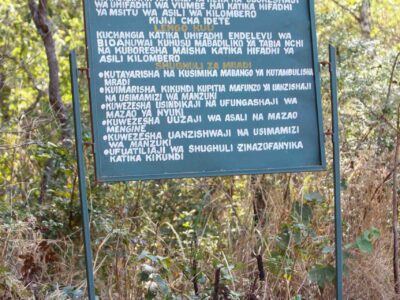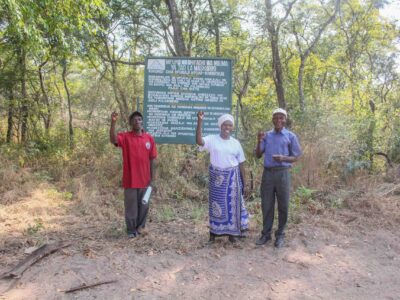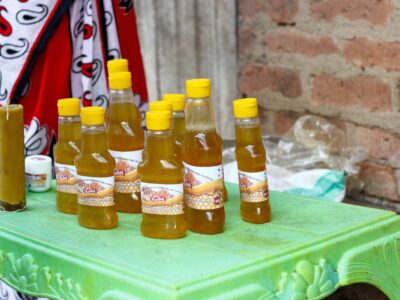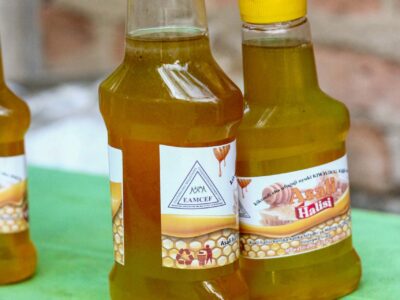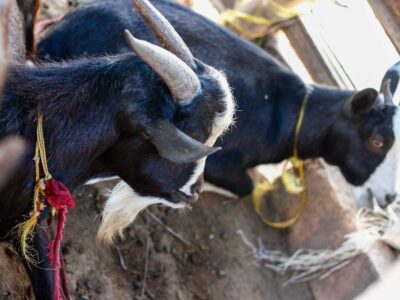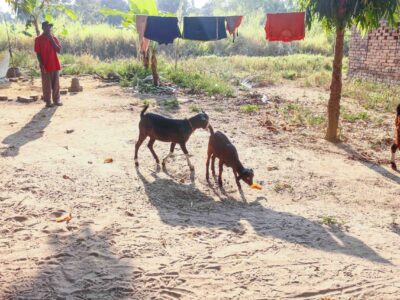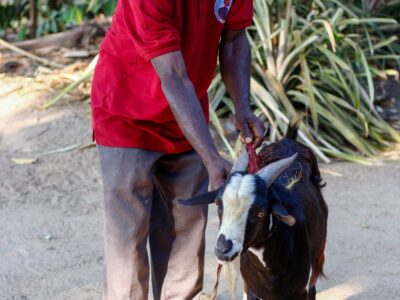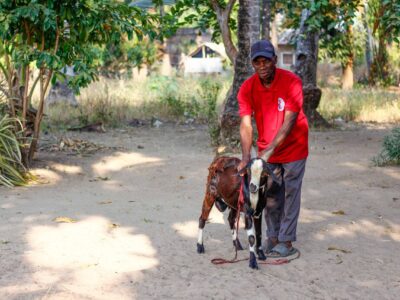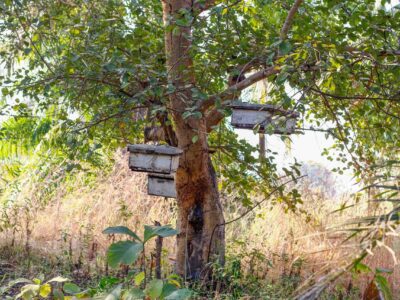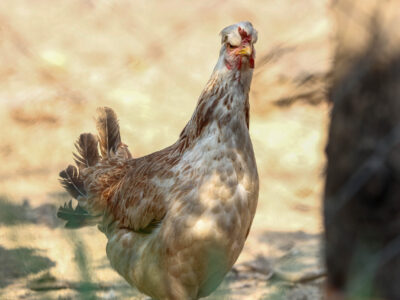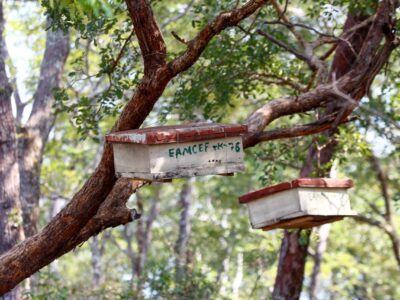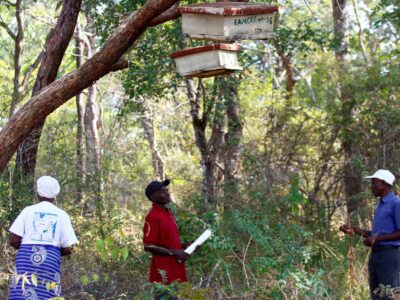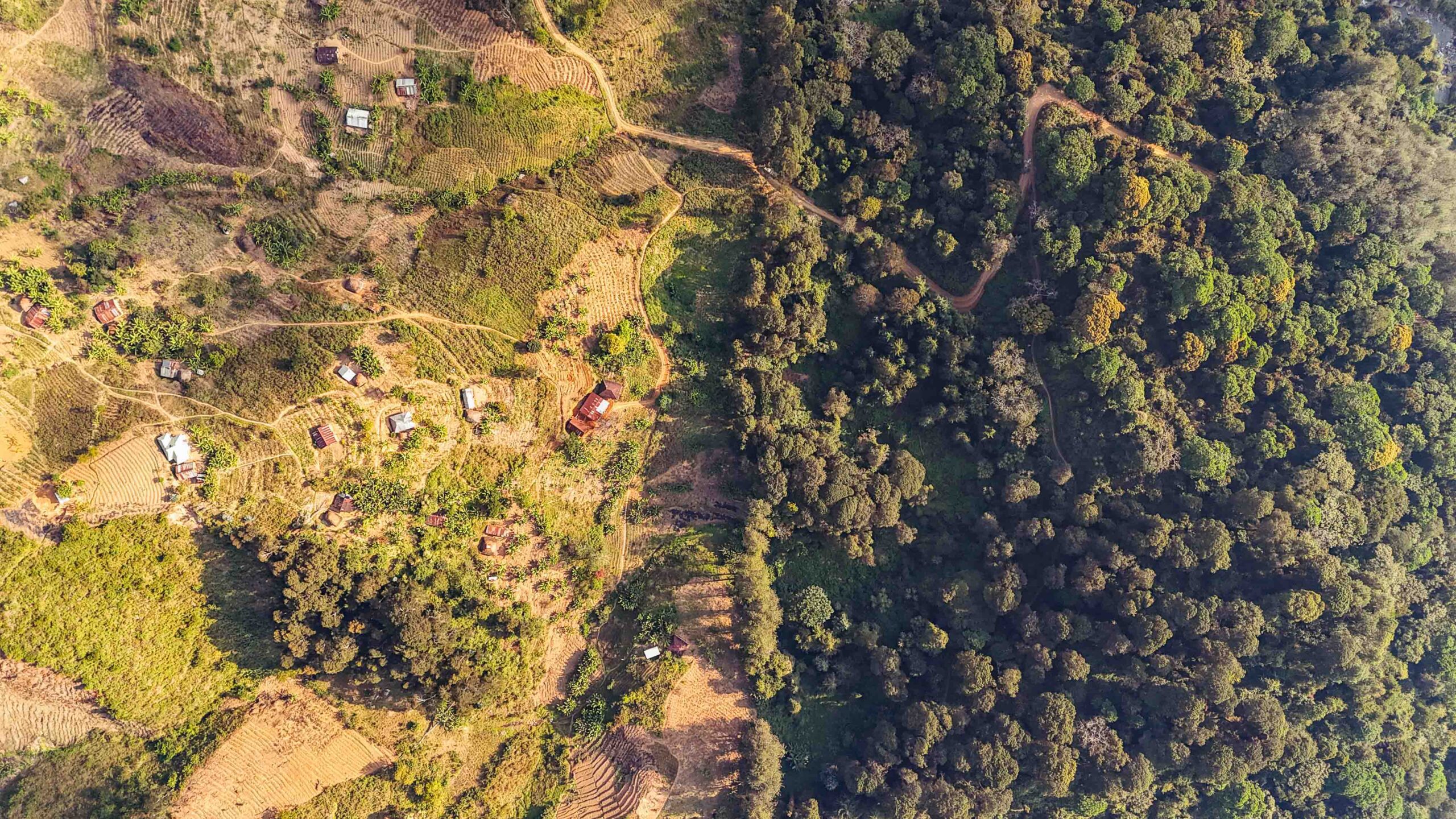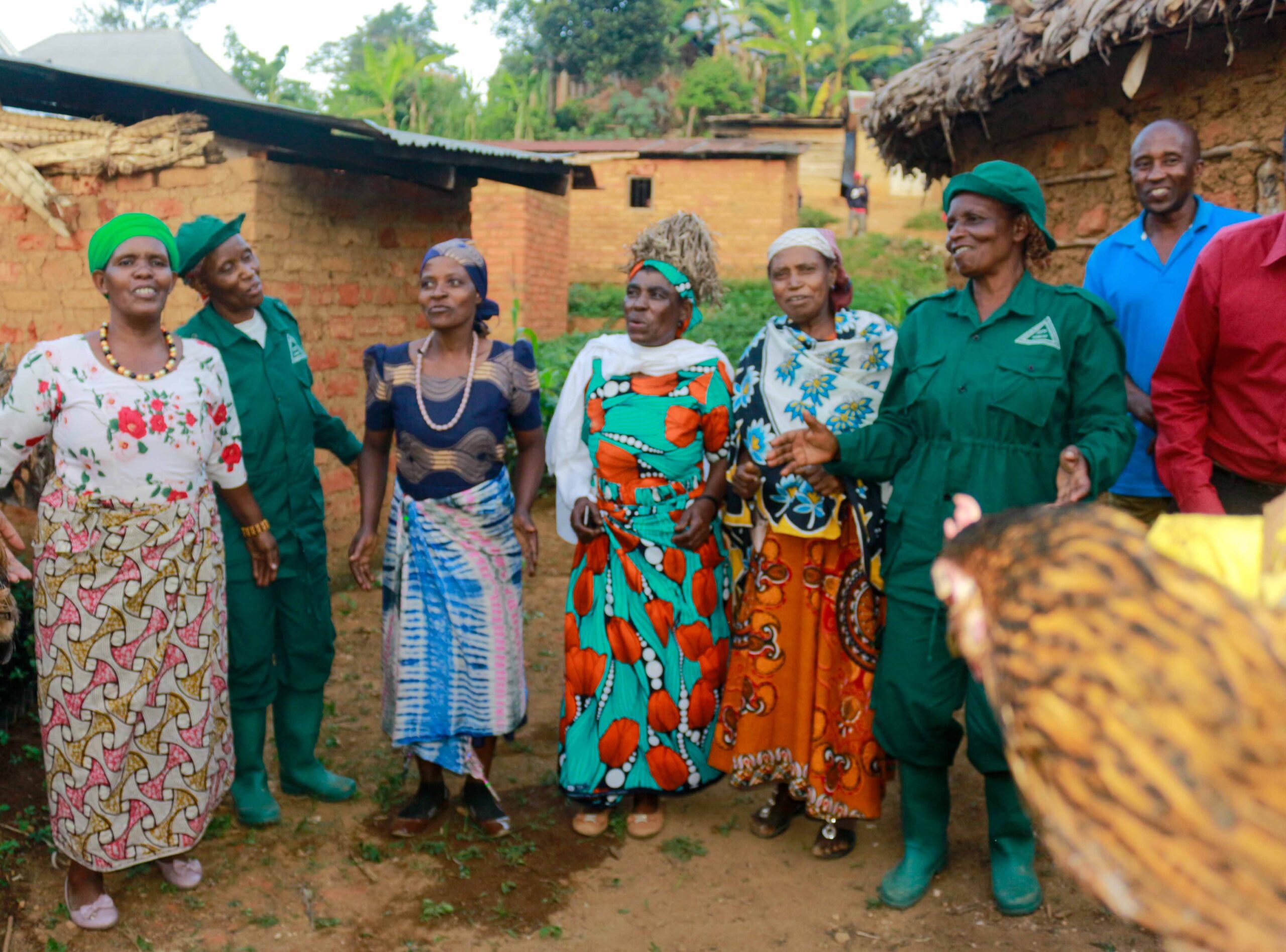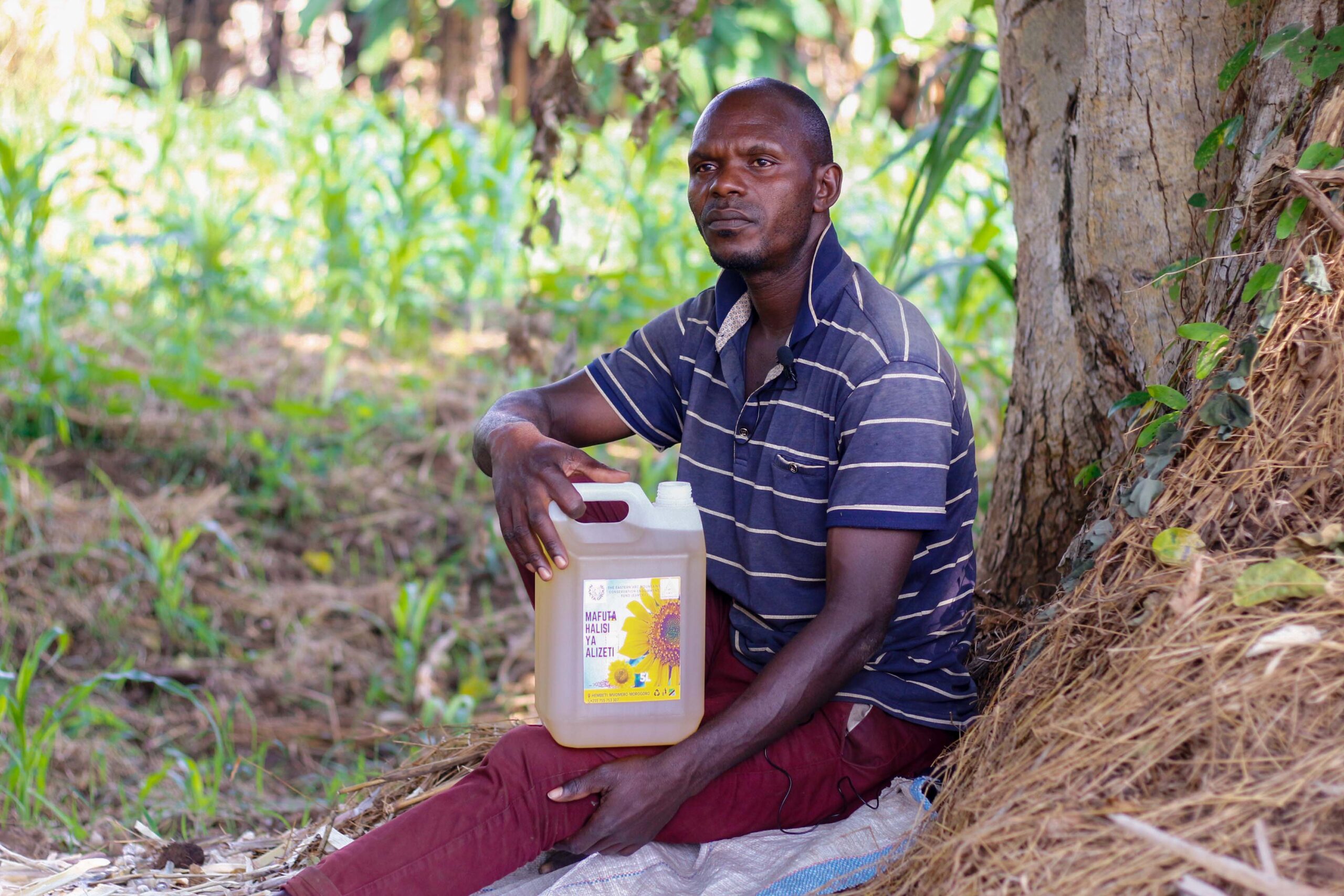Ecotourism infrastructure in the Eastern Arc Mountains has been significantly improved thanks to the efforts…
Beekeeping has brought transformation and hope to KIWAVIKAI, a group of people living with HIV in Idete Village, Mlimba District Council. Supported by the Eastern Arc Mountains Conservation Endowment Fund (EAMCEF), the beekeeping project has empowered the group’s 27 members (17 women and 10 men) by providing sustainable income and improving their quality of life. Located near the Kilombero Nature Forest Reserve, the group now uses beekeeping to generate income, enabling them to afford transport for HIV treatment at St. Francis Hospital, 20 kilometers away.
The group started with 60 beehives and has since expanded to 80. Members now produce and sell honey, candles, and skincare oils made from bee products. These ventures not only improve their livelihoods but also strengthen their health and nutrition. Alongside beekeeping, each member received six chickens, totaling 162, enhancing food security through egg production. They have also invested in modern sanitation by constructing a hygienic toilet for their meeting area and gained agricultural inputs to boost sustainable farming practices.
Through the beekeeping initiative, KIWAVIKAI members have become self-reliant. Many have built homes, provided educational support for their families, and gained respect in the wider community. They have even started offering loans to other villagers, showcasing their growing economic strength.
This project has reduced pressure on the Kilombero Nature Forest Reserve, proving that beekeeping is not just a livelihood but a conservation solution. Today, KIWAVIKAI members stand proudly as environmental stewards and role models in their community, thanks to EAMCEF’s life-changing intervention.
